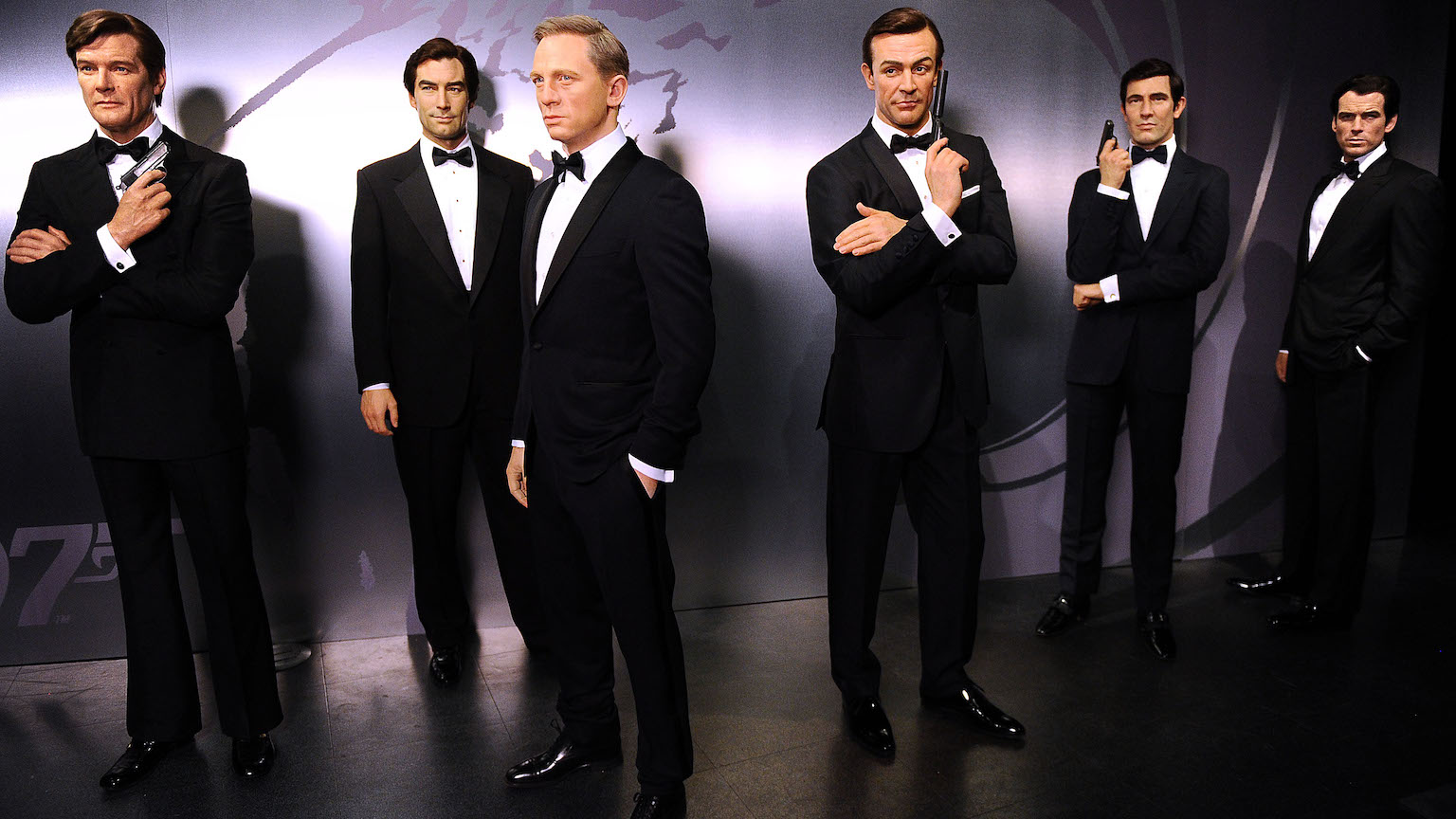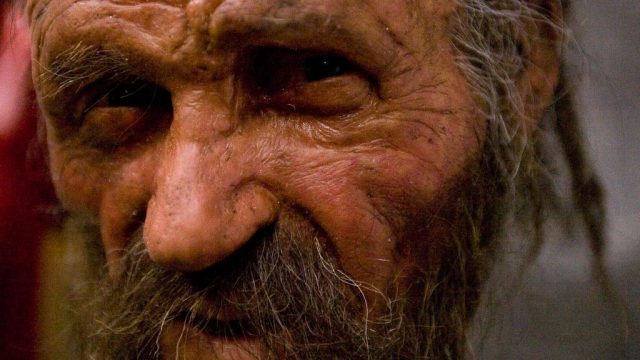Daniel Craig’s selection as James Bond was controversial. So why not try a woman next time?

- Daniel Craig was thought of as too old and short to be James Bond. Yet, he ended up being wildly popular.
- Perhaps producers should gamble by casting a woman as the next 007.
- Rather than betraying the core of the franchise, a female version of Bond could shake up the story in interesting new ways.
Nobody knows who is going to replace Daniel Craig as James Bond, not even Daniel Craig himself. In an interview with Radio Times, the actor reflected on his fifth and final outing as the spy in No Time to Die, which will release in less than two weeks. When questioned about his successor, Craig said that he would be fine with any actor, so long as they were not female.
“The answer to that is very simple,” he said. “There should simply be better parts for women and actors of color. Why should a woman play James Bond when there should be a part just as good as James Bond, but for a woman?”
Recasting a character as famous and beloved as Agent 007 has never been easy, but it has become considerably more difficult in recent times. In order to stay both relevant and interesting, long-running movie franchises are often motivated to make radical changes. Some turn out for the better, others not. All ignite fierce debate on the franchise’s core identity.
While actresses like Emilia Clark, Priyanka Chopra, and Gillian Anderson struggle to score an audition for the role, internet bookies put their money on popular poster boys like Tom Hardy, Cillian Murphy, and Regé-Jean Page. Whoever ultimately gets the part will have a chance to redefine not only how Bond looks, but also who he (or she) is as a person.
Keeping Bond male and masculine
Craig is not the only one who wants to keep Bond male and masculine. In an interview with Variety, Barbara Broccoli — a producer who has been involved with the franchise since The Spy Who Loved Me (1977) — seemed to set the casting parameters for the foreseeable future. Bond, she said, “can be of any color, but he is male.”
Broccoli fears a female Bond would go against what the franchise has come to represent. In a review for Skyfall, the New York Times critic Manohla Dargis wrote of “a contract the Bond series made with its fans long ago,” guaranteeing them stories filled with intense action, delectable villainy, and unscrutinized sexual conquest. When you get down to it, this is the only thing that Bond stands to lose if he were to be portrayed by a woman. Is that really worth holding on to?
One of the advantages of recasting a long-running character like Bond is that each actor can offer a fresh interpretation. Other staples of British entertainment, like the science fiction show Doctor Who, have taken full advantage of this practice, with every iteration of the titular time traveler displaying distinct mannerisms and temperaments.
Recasting Bond could not only keep the character relevant for future generations, but it also could keep the franchise interesting for longtime fans. Screenwriters can only extract so many stories out of a particular iteration of Bond before his appearances start to feel repetitive, mundane, and indistinguishable from the rest.
Remember when Daniel Craig was controversial?
After scoring an unexpected hit in the form of Skyfall, Broccoli and her team lost their winning streak with a forgettable follow-up in the form of Spectre. Blame was directed at the lackluster script, but Craig’s portrayal of the character — unable to bring anything new to the table — had played a role in the film’s disappointing release as well.
Those who resist change would do well to remember that Craig was considered as inappropriate a choice as any female actress back when Pierce Brosnan threw his hat in the ring. Compared to his conventionally handsome predecessor, Craig seemed short, small, and even homely. Fans said he was past his prime and looked a little too “blue-collar.”
Needless to say, most if not all of those doubts were dispelled once Craig got in front of the camera and showed what he could do. By the time Casino Royale released, the actor had truly earned the 007 moniker. Crucially, though, Craig won over his audiences not by copying Brosnan but by adding his own twists.
Shaken and stirred
“Daniel Craig’s introduction as James Bond marked a more radical departure from the generic conventions shaping these movies,” wrote geopolitics professor Klaus Dodds in an essay for the Journal of Popular Film and Television. Craig’s version felt rougher, his manliness being more of a stoic act than an inherent quality. The focus was on his vulnerability.
The dimension that Craig added to the character has led to some of the most exciting moments in the franchise’s recent history. Highs like Skyfall could not have been achieved had Broccoli taken on a Brosnan lookalike or — worse — chosen to de-age the actor’s wearing face using immature CGI technology.
Rather than destroying the core of the franchise, a female actor could similarly stir up the proverbial vodka martini in refreshing ways. By exploring sides of Bond that could not be explored before, they could keep the franchise alive and reestablish its upcoming installments as must-see cinematic experiences. However, for the time being, No Time to Die promises to introduce two strong and independent female agents who can go toe to toe with Bond, and who could, if Broccoli had her way, get their very own franchises to boot.





